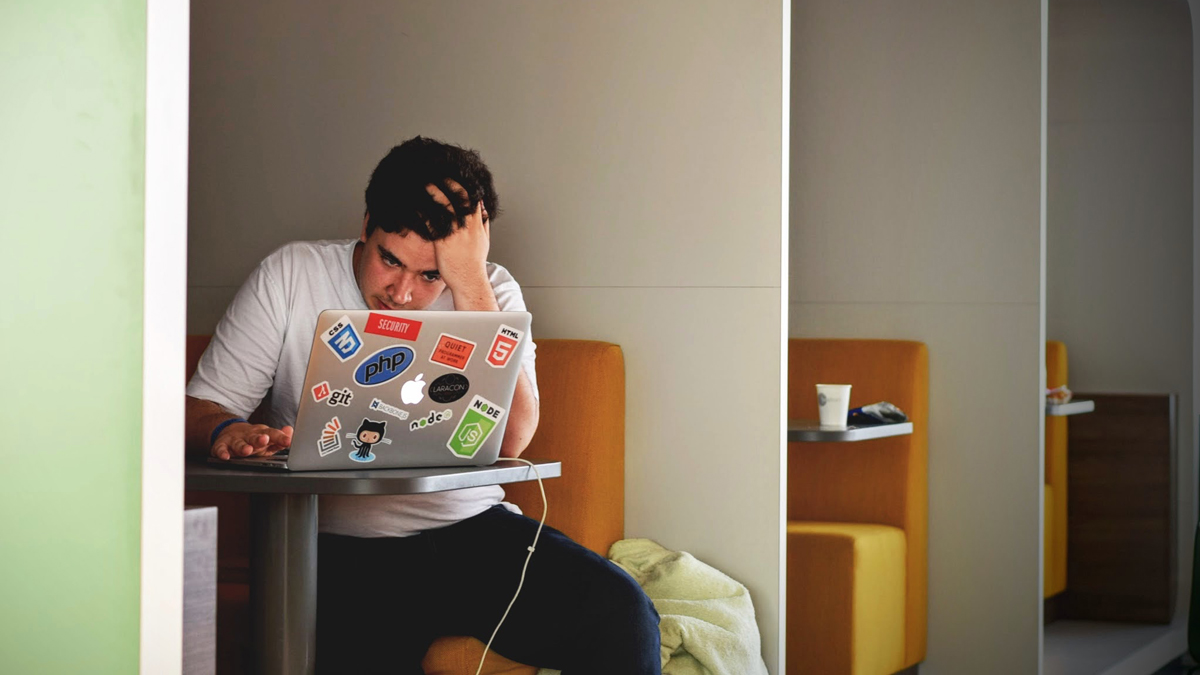 Helen Zhang
Helen ZhangNothing is worse than realizing you started your period at school and rifling through your bag, only to realize that you forgot to restock your supply of menstrual products. You check the dispenser, only to find that it’s empty. You quickly text your friends, asking if they have anything, while waiting for someone to enter the bathroom to ask them as a last resort.
For people who menstruate, this is a reality we have all experienced. In order to alleviate some of the stress period poverty places on young people, the University of Alberta Students’ Union (UASU) started a project to increase access to menstrual products. The project, which aims to provide free menstrual products in Students’ Union Building (SUB) bathrooms, has been in motion for years. While the project needs a few improvements, by finally talking about and acting on period poverty the Students’ Union is reducing its impact.
While periods are a standard part of life for many, countless go without products, or struggle to find them. Many monetary stressors continue to increase for students, including a rise in cost of living and tuition. In a survey conducted by Always and Plan International Canada, results found that one in seven young people had difficulty accessing menstrual products, while another one in seven worry about their financial ability to access these products in the future.
I reached out to Talia Dixon, UASU vice-president (student life), one of the leaders of this project alongside Emily Kimani, vice-president (operations and finance), to ask a few questions about the menstrual product dispensers at the university.
As many have probably noticed, the new dispensers in SUB are often empty. Talia Dixon said in a provided statement that despite refilling the dispensers three times a week, the demand for products was much higher than anticipated. “This means that sometimes the dispensers are empty for short periods (particularly on the weekend).”
Providing students with menstrual products is not the sole purpose of the project. Fighting stigma surrounding periods is equally important to Dixon. In the past, stigma surrounding periods had been a major contributor to product inaccessibility. “We want to combat stigma through a larger educational project in future years and are using social media to help spread awareness during this project,” Dixon says.
Before this particular pilot project, menstrual products were available at InfoLink desks across campus. However, some argued this was less accessible because the menstrual products were made available in little baskets that sat on the desks. In order to access the products, students would have to walk up and grab them — removing any and all privacy.
Transgender and non-binary youth, for example, are at a heightened risk of attack compared to their cisgender peers. By having the basket out in the open, gender non-conforming students are put into a situation of having to choose between their safety or their period. As well, because LGBTQ2S+ students are more likely to experience homelessness, they are more likely to suffer from period poverty. By placing the products in the bathrooms, students have more privacy, making them significantly more accessible.
The major success this project has seen fuelled its expansion; there are several dispensers in SUB, and the Van Vliet Centre (VVC) has two now as well. “We also applied and are waiting to potentially have another dispenser put in a building on North Campus,” says Dixon.
The demand has far exceeded the expectations of the Students’ Union. “We were unsure how much usage to expect. We started with some information from a 2019 survey (long before COVID), and based some of our numbers on that, but current usage has surpassed that and proved there is strong demand,” Dixon observed.
This service is acting as a pilot project in order to gauge specific information before becoming permanent. By using the information found in the survey, and what they’ve gathered so far, Dixon is confident many of the details will be resolved. Although the Students’ Union is still learning how to manage all the dispensers and meet demand, Dixon is thrilled with the success so far.
“The project has been incredibly successful in my eyes because we’ve given out thousands of products to students who need them, which is our main goal.”
While the project has been widely successful, some improvements could be made. With such a high demand, expansion is necessary to ensure that everyone who needs products will get them. Empty dispensers places students in tough a spot, with some students having to go home and miss class because of it. By having dispensers in more buildings and more regular refilling, shortages will be less likely and more students will have access to products.
The Students’ Union could also explore selling or even subsidizing products such as menstrual cups or period underwear which, once the upfront cost is paid, can be more sustainable financially and environmentally.
Although the project isn’t perfect, it has had a profoundly positive impact on menstrual product accessibility at the University of Alberta. Period poverty is a growing issue that affects thousands of people every year, especially students, and I’m glad the Students’ Union is taking steps to alleviate the impact it has. Thanks to period poverty initiatives, menstruation is becoming a less harrowing and irritating experience for students on campus.




